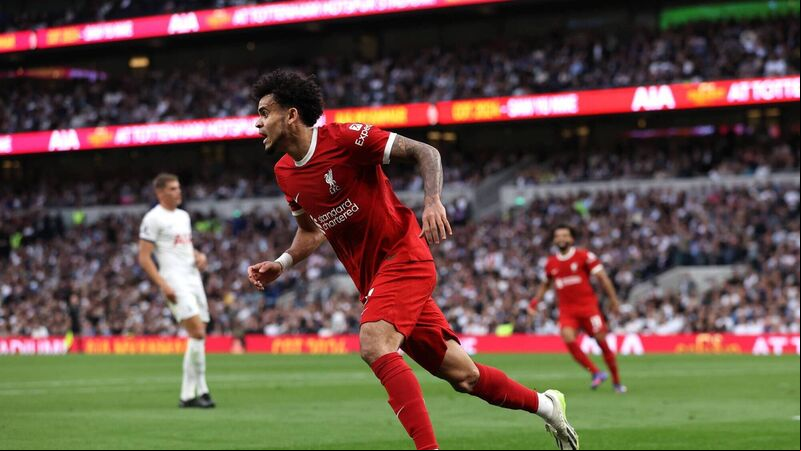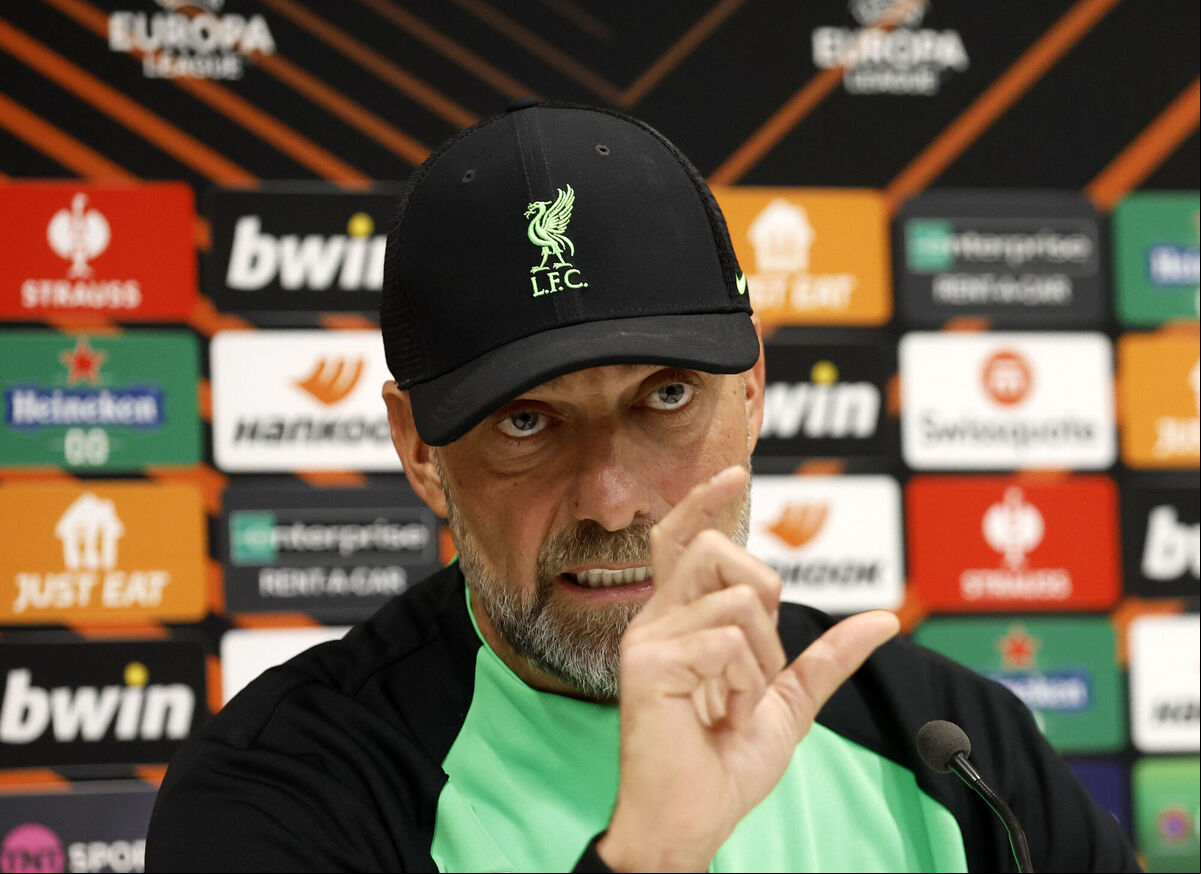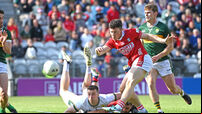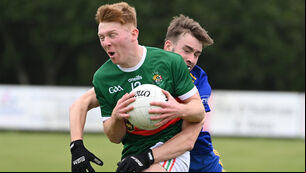Premier League: No it was not a 'good process'

Luis Diaz of Liverpool celebrates his goal which was later unfairly ruled offside during the Premier League match against Tottenham Hotspur at Tottenham Hotspur Stadium London, England. Picture Ryan Pierse/Getty Images
THE 2023/24 Premier League season was just a weekend old when this column raised the disturbing issue of the continuing irregularities in interpretations by the Video Assistant Referees (VAR).
This was mostly based on the Man United goalkeeper André Onana’s reckless foul on Wolves’ forward Sasa Kalajdzic, which saw the result swing in favour of the Old Trafford outfit, who were holding on to a precarious single goal lead when the incident happened. As the old joke goes, the foul was obvious to anyone, including the guy at the back row with the guide dog.
Former ref, Howard Webb of the PGMOL (Professional Game Match Officials Limited), apologised the next day in the wake of the error, even if It was of little consolation to Wolves, who were denied the point a penalty would have almost certainly guaranteed them.
Again, Webb was on hand with apologies last Saturday. But in a new precedence by PGMOL, the VAR audio of the analysis of Luis Diaz's wrongly disallowed goal for Liverpool against Spurs was also released, revealing that of all the officials involved in the offside/onside deliberation, only the replay operator immediately spotted the mistake of disallowing the goal, as he desperately urged the senior referee officials to stop the game.

Diaz was flagged offside by the assistant referee after scoring, but replays immediately showed, what seemed obvious from the stands, that Diaz was actually onside. But Darren England, the VAR, mistakenly believed the on-field decision had been to award the goal instead of offside, leading him to tell the referee on the field, Simon Hooper, that the check was complete and the call stands. But Hooper’s call was to check for offside not whether the goal stands.
After England and the assistant VAR Dan Cook were alerted to their mistake by the replay operator, that the goal wasn't awarded, they repeatedly said they could not intervene as the game had restarted.
"Can't do anything," said England as the replay operator continued to plea for the game to be stopped.
In an increasingly frantic exchange, the replay operator, later named as Mo Abby says: "Oli's calling in to say delay the game. The decision is onside".
“Oli” referring to Oli Kohout, the VAR Hub operations executive, who is off mic in the recorded exchanges. As the replay operator continues to try to stop the game, England states, "can't do anything" five more times before Cook agrees by adding: "They've restarted".
It was a comedy of errors in communication and would be laughable but for the stakes involved for the clubs hit by wayward decision that now appear to occur weekly.
In professional it’s unbelievable that a clearer protocol regarding decisions is not in place. The FA adopted the technology from rugby but did not seem to adopt the language, which sees the referees, in the oval ball-playing game, always double clarify the confirmation of the decision. Refs take the time to ask. ‘So you are saying I can award the try? Confirm?’ It rather easily resolves any confusion by asking what might seem like the obvious question but when you compare it to what was said at the conclusion of the Diaz goal decision, you can see why clear confirmations are needed.
Neither side of the conversation confirmed if they were talking about the same thing and unlike referee Hooper’s assertion, it was not a good process.
The idea of orders confirmed by repeat confirmation comes from the surgery and aviation world, where confirming what is being looked at and confirmed is a matter of life and death. So, the request for ‘scalpel’ is confirmed as ‘scalpel’ when the knife is handed to the surgeon, confirming what was requested. While the pilot will confirm ‘rise to 30,000ft’ when asked to ‘rise to 30,000ft’ by air traffic control.

The PGMOL say they are changing their protocols, so we must wait to see if such confusion is removed. But there was also the case of Diogo Jota’s yellow cards when it was clear the Spurs player tripped himself. How VAR missed that was beyond a mere communication issue but rather a vision question and explains the frustration of Liverpool boss Jurgen Klopp asking for a replay when there were three clear significant errors by VAR and two that were debatable, go against Liverpool in this single game.

Now the game can’t be replayed, as every game could then be called on to be replayed due to bad decisions. But there needs to be a root and branch review of practices and protocols to address the issues of human errors which VAR promised to remove. If it can’t, maybe we should drop VAR altogether. Not because the tech is wrong but the humans operating it are.
By coincidence, the referee for Man United’s opening game VAR controversy against Wolves was Simon Hooper, the same man in black for last Saturday’s latest VAR debacle.










 App?
App?







